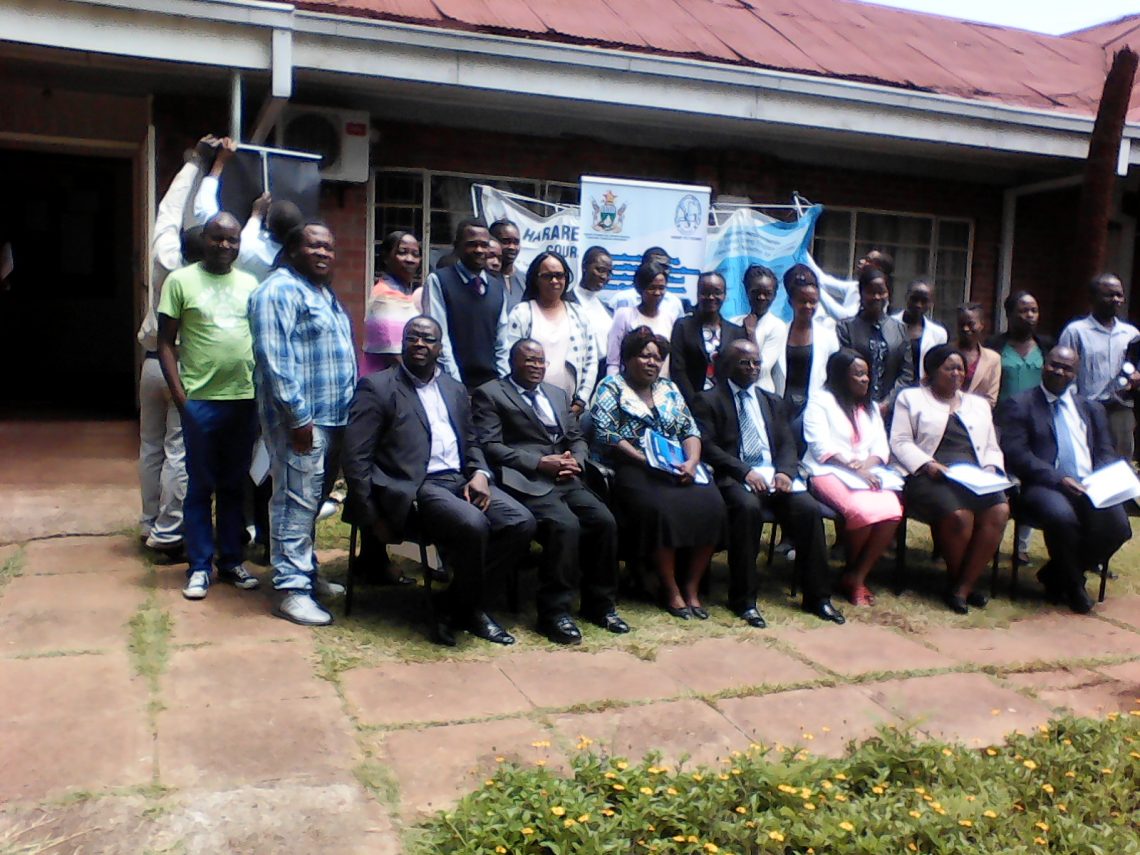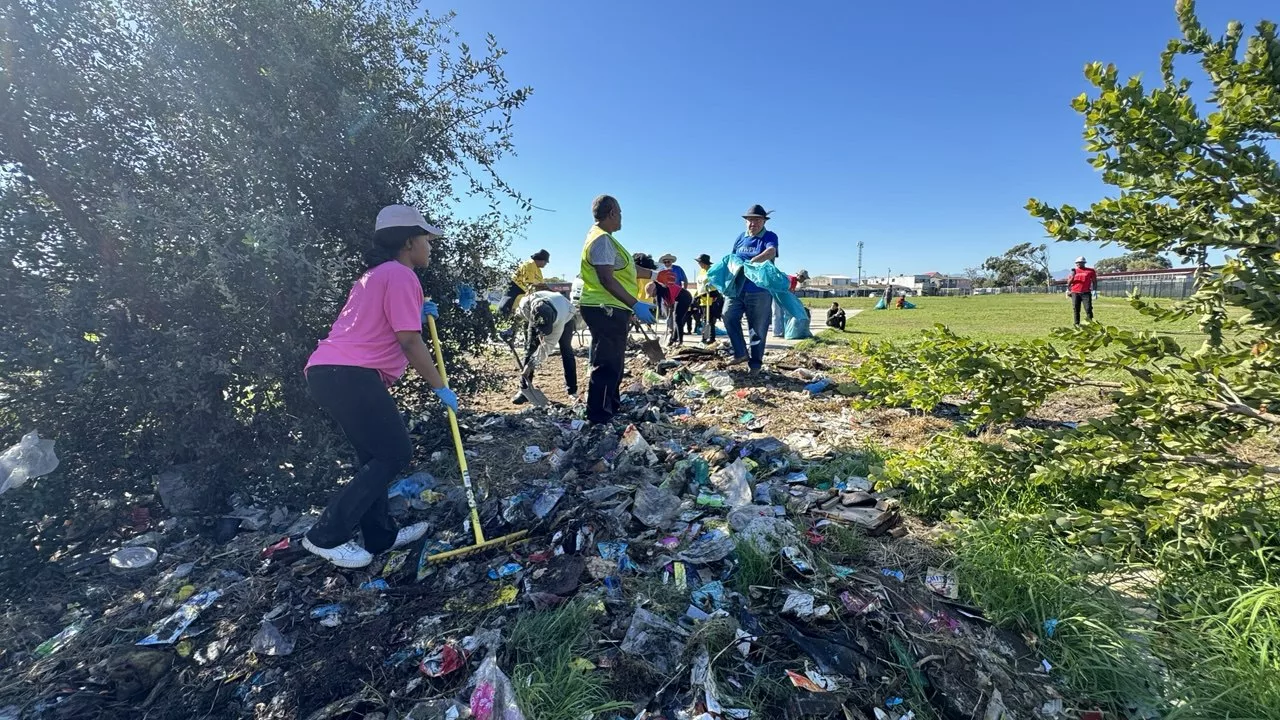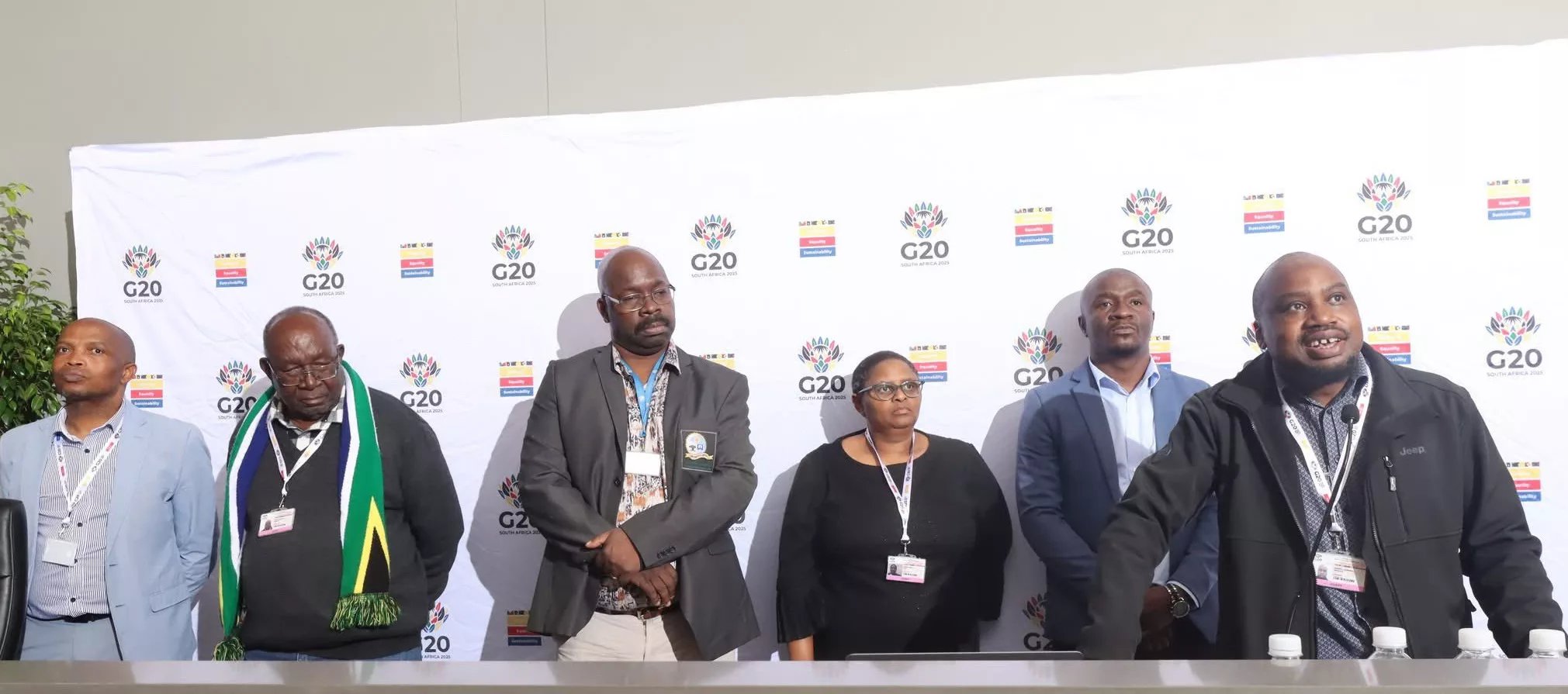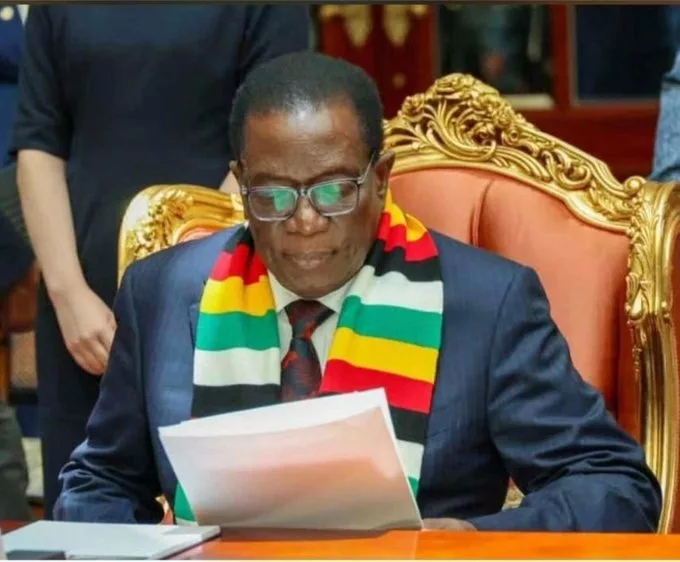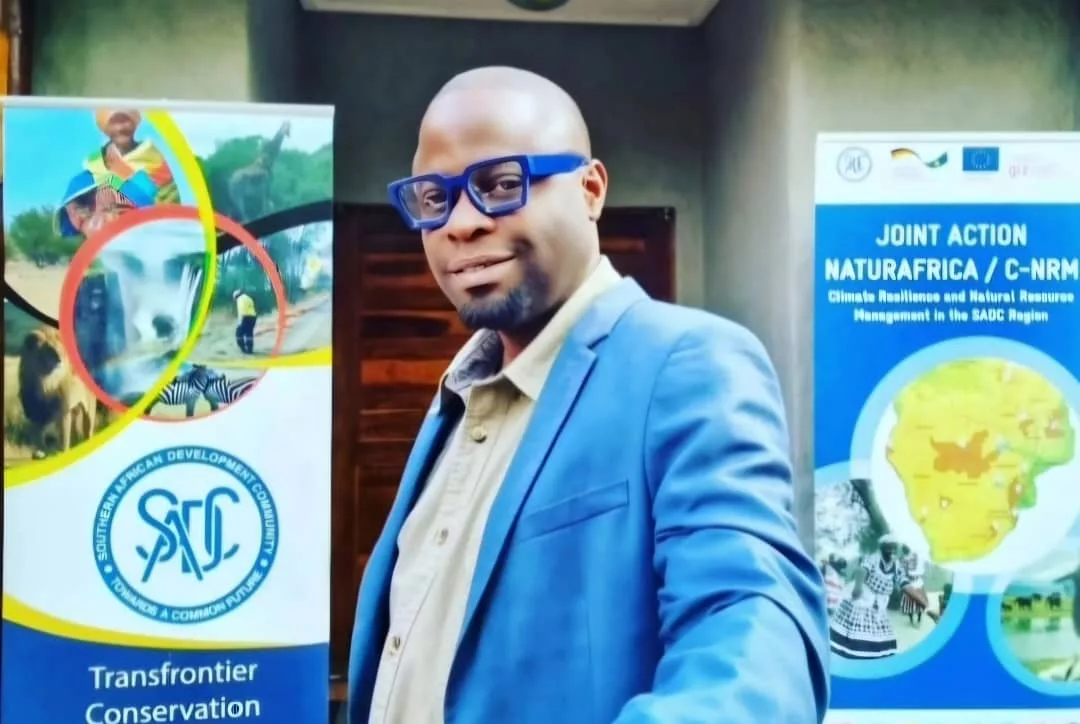By Joyce Mukucha
Harare Polytechnic School of Journalism and Media Studies with the support from the United Nations Educational Scientific and Cultural Organisation (UNESCO) has launched the Mass Communication Online Journalism and Digital Broadcasting programme aimed at scaling up the institution’s highly competitive technopreneurial skills..
A programme with the theme ‘Train the Trainer’ has been officially launched by the Secretary General for UNESCO Mrs Julia Chirapa on the 1st of March 2018 at Harare Polytechnic.
The capacity building workshop’s thrust was premised on the application of digital multi-media technologies in the dissemination of information as Harare Polytechnic thrives to adhere to UNESCO’s stipulated journalism training standards.
In an interview with the Harare Polytechnic Principal Dr Tafadzwa Mudondo said the significance of the launch was not only to Harare Polytechnic but also to the Zimbabwean community for it is going to benefit everyone.
He said what was going to be trained in digital multi-media online broadcasting is technically going to benefit every Zimbabwean. In essence, UNESCO has extended a capacity building workshop to journalism lectures and also for other sister institutions.
“This workshop comes at a critical time the much awaited Bachelor of Technology in Mass Communication recently got a green light from the Zimbabwe Council for Higher Education (ZIMCHE) and modalities to launch it any time are already in place pending some minor administrative aspects we are working on.
“The main aim is that we remain online 24/7 and this will allow our journalism students and lecturers to continuously interact with the world. We have been fighting to have a brand of programme which emanates from Bi-Tech and differently from what is happening from other universities. So this is to capacitate those who are already in school and those in the industry. What is more critical is to ensure that we develop a journalist who has knowledge and skills that match with that of the international level,” he said.
Dr Mudondo added that since journalism education was important, national efforts at promoting free, independent and pluralistic media development were needed. Therefore, the UNESCO Model Curricula was developed to fill the gap in specialised literacies as well as capacitating journalism educators to respond to new challenges.
Few years ago, the institution received a grant to the tune of US$26 000 from UNESCO and the funds were used in the procurement of broadcasting studio editing booth. UNESCO has already set a pace in terms of skills development to the lecturers who shall be administering the B-Tech programme.
The UNESCO initiative responds to the question; ‘How can journalism education continue to renew itself?’ The workshop was timeous in the sense that it enhanced the de-institutionalisation of journalism.
Mrs Chirapa said: “Training the trainer is a vital cog in filling competence gaps that are always emerging in the industry at a fast rate which even efforts to renew curricula at college cannot match. It is my conviction that training the trainer will create a conduit for the rapid skills transfer to trainee journalists who are in essence the key beneficiaries of this programme.
“The launch could not have been made possible if it were not through UNESCO’s efforts to complement training institutions. I’m proud to state that UNESCO is ever ready to partner all journalism training institutions in Zimbabwe for the betterment of our journalism standards as well as conduct as a nation.”
Mr Hezekiel Dhlamini, the UNESCO Regional Communication and Information Advisor pointed out that the workshop was significant in the sense that it introduces the techniques for journalists to articulate and provide stories with a different angle before it is disseminated by social media and other platforms.
He said there was no longer one way of communication between the media house and the reporter as well as the audience. Because of this, it is the audience which responds mostly. Therefore it’s important for reporters to go into much details when disseminating news through multi-media technologies.
“This programme will make us interact and capacitate our audience. Through interactivity of multi-media, the new generation of reporters will be well-equipped and report better as they will determine the standard of profession. Zimbabwe is engaged in development through Sustainable Development Goals thus it needs well-equipped journalists to interpret data,” Dhlamini said.


